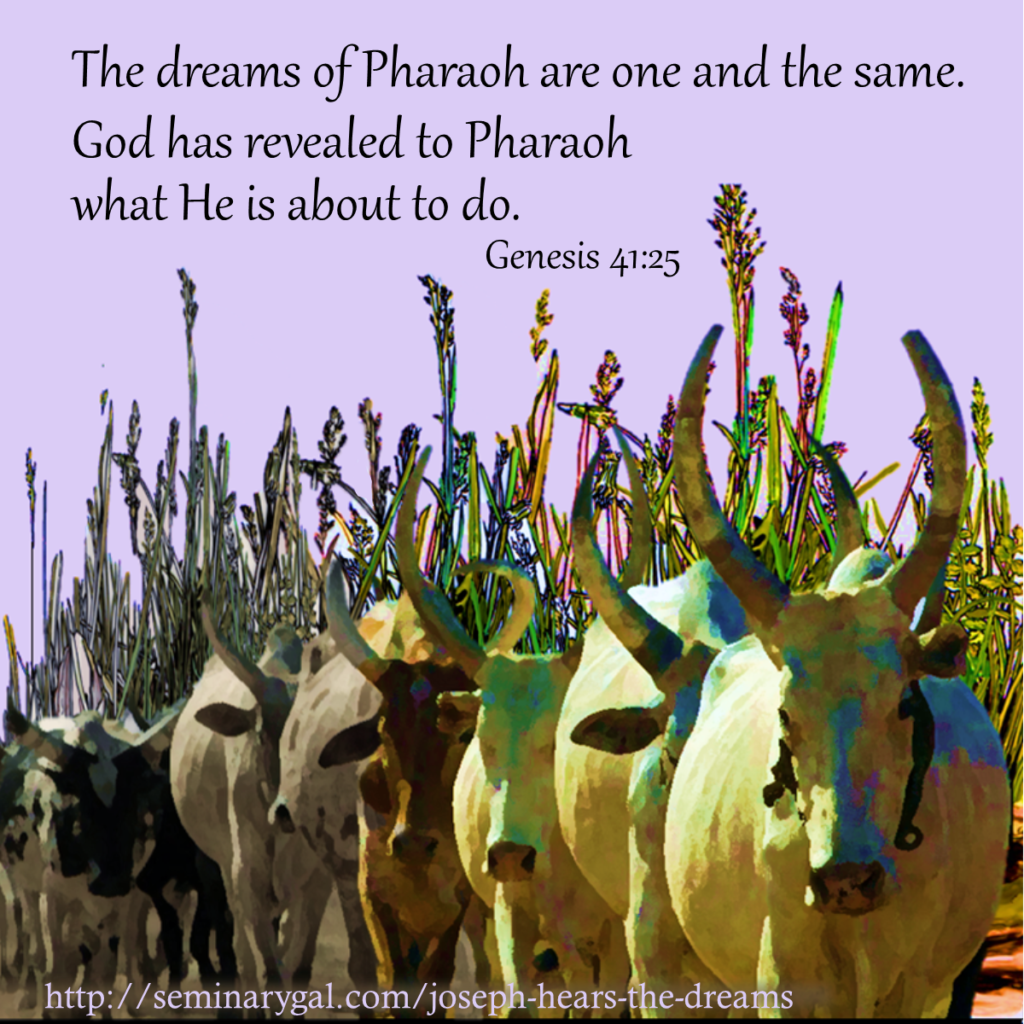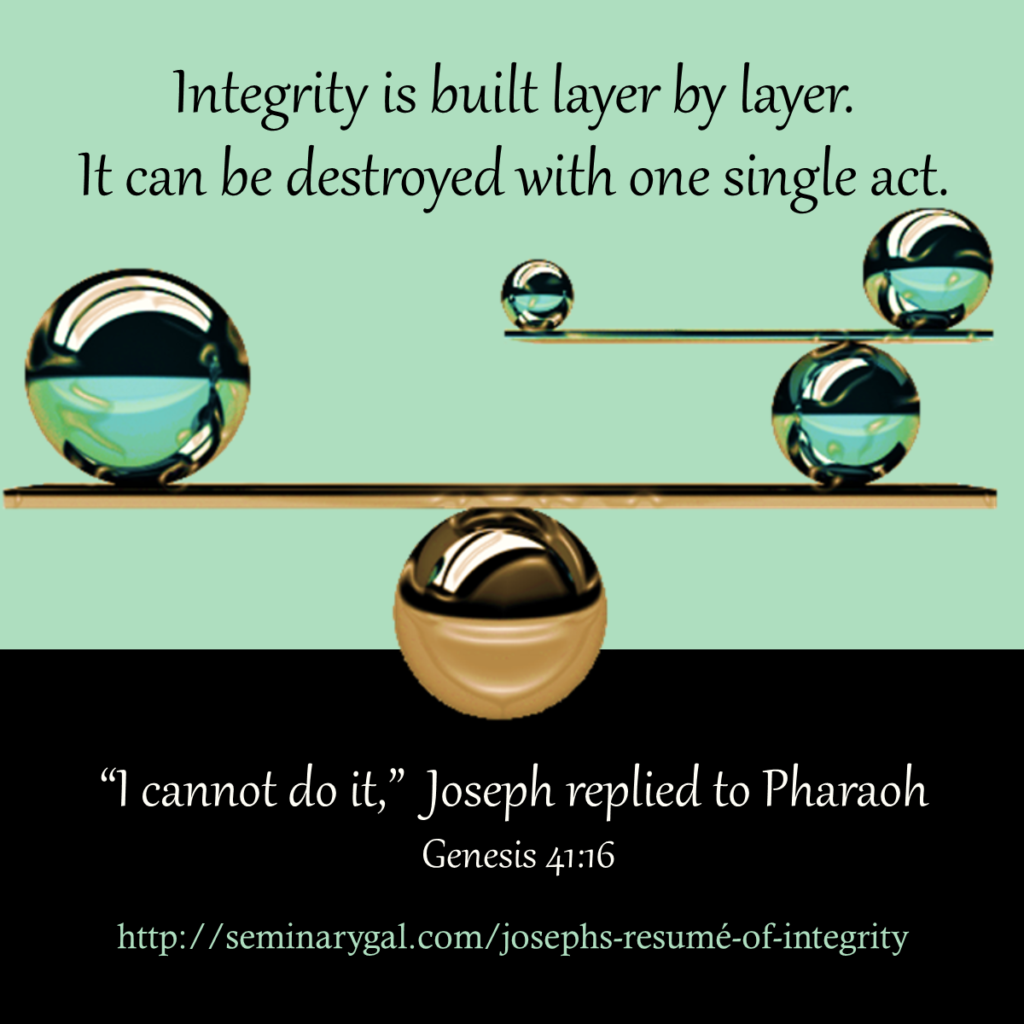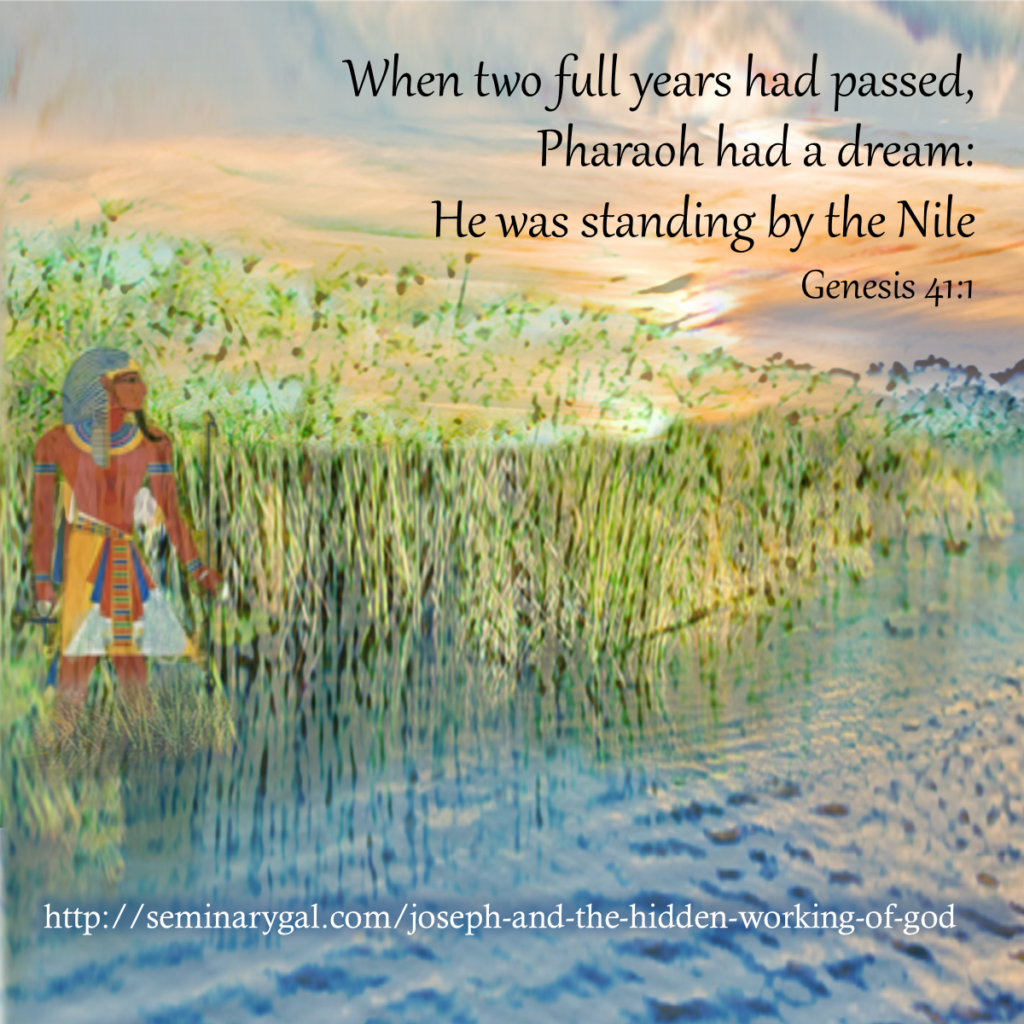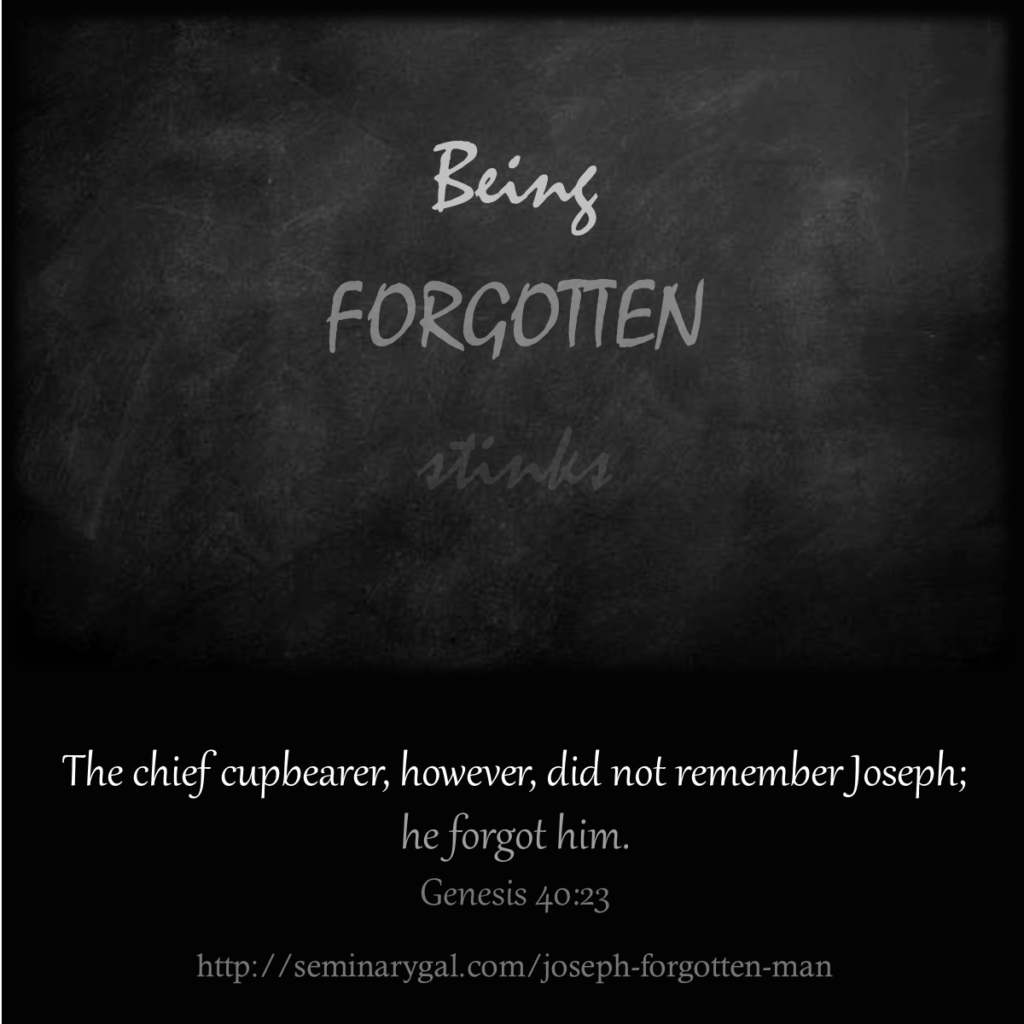Genesis 41:25 Then Joseph said to Pharaoh, “The dreams of Pharaoh are one and the same. God has revealed to Pharaoh what He is about to do.
After hearing the dreams, there is no hesitation. Joseph explains what could have been bad news, except that it’s not. It’s advance warning, helpful intel for the purpose of planning.
Genesis 41:26 The seven good cows are seven years, and the seven good heads of grain are seven years; it is one and the same dream. 27 The seven lean, ugly cows that came up afterward are seven years, and so are the seven worthless heads of grain scorched by the east wind: They are seven years of famine. 28 It is just as I said to Pharaoh: God has shown Pharaoh what He is about to do.
It’s like Joseph is following a sermon outline, telling Pharaoh what the dream means, and then he says what it means again. And now again, just to make sure he drives the point home. “God has shown Pharaoh what He is about to do.” Got it.
Genesis 41:29 Seven years of great abundance are coming throughout the land of Egypt, 30 but seven years of famine will follow them. Then all the abundance in Egypt will be forgotten, and the famine will ravage the land. 31 The abundance in the land will not be remembered, because the famine that follows it will be so severe. 32 The reason the dream was given to Pharaoh in two forms is that the matter has been firmly decided by God, and God will do it soon.
That’s the bad news. The good news is “soon” is not immediate even if it is surely there. There’s time to plan, there’s advance intel so that Pharaoh can develop and implement the plan, and an opportunity to partner with a planner whose mind is tuned to the Planner. The Planner knows what He’s doing.
Isaiah 14:24 The LORD Almighty has sworn, “Surely, as I have planned, so it will be, and as I have purposed, so it will happen.”

Think about it:
- Planning in the earthly realm requires information, time, and people. When God plans, the information is true and certain, the timing is perfect, and the people are hand-picked for the task. God’s plans never fail. How do we see these elements in the passage of Scripture for today?
- Why did God reveal the information to Pharaoh in two parallel dreams?
- Why was Joseph necessary for the big picture?
- How does even the bad news of a famine get offset by the advance intel and the presence of a planner?
- Does God work even using pagan people and rulers?
- Does God’s plan get thwarted by using imperfect or even irreligious people? Is God compromised in any way by the people He has chosen, or does this alter the certainty of His plan coming to pass?
- How does God bless Egypt fully in preparation for the famine? How is this testimony to God’s grace?








